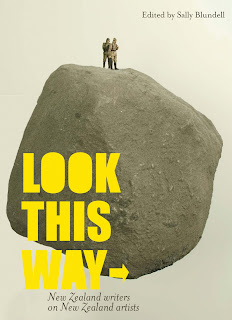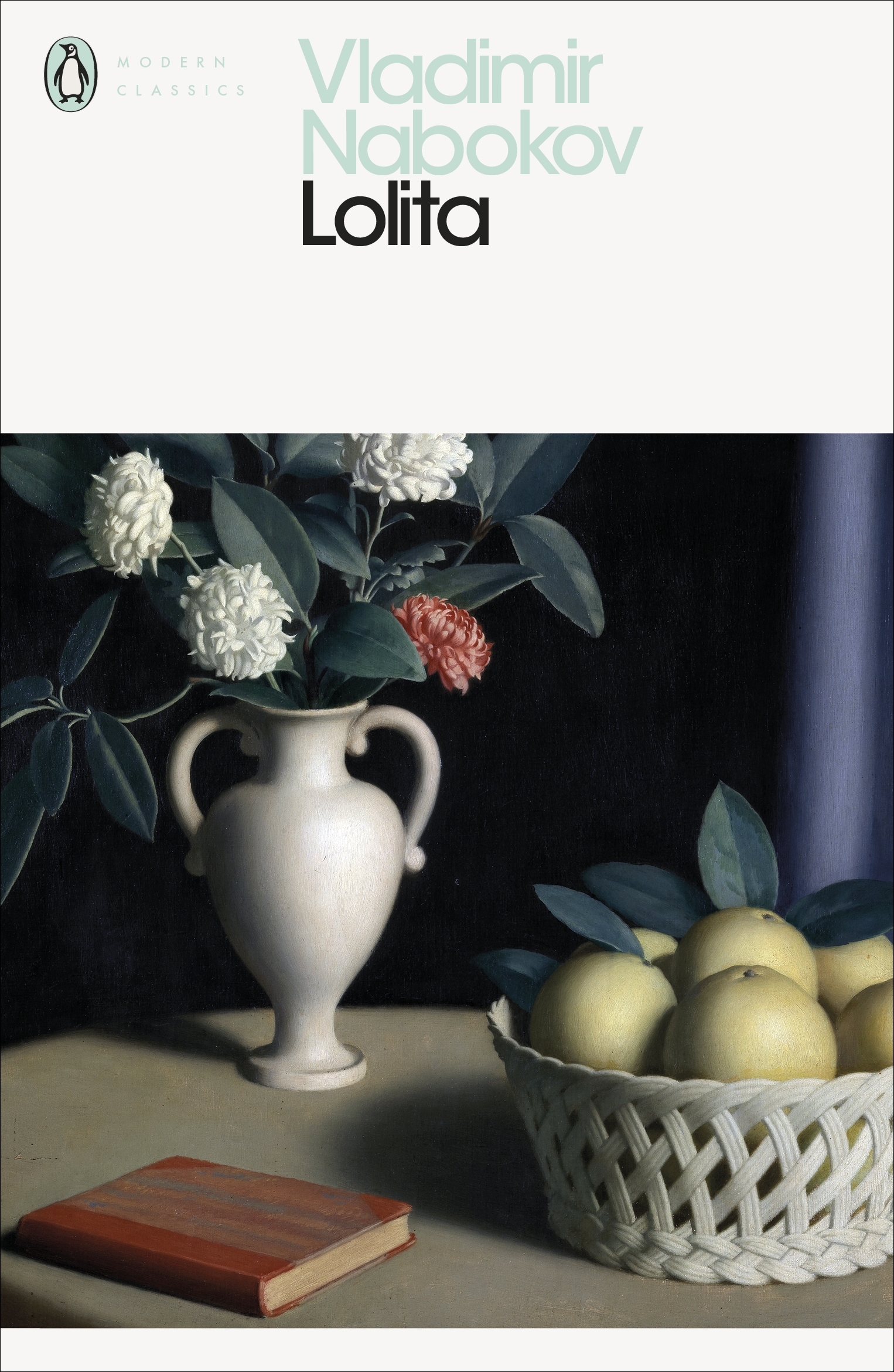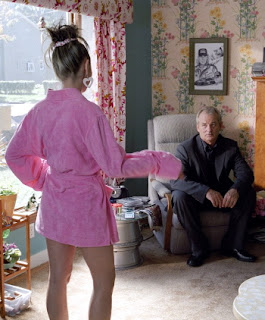A crime by any other name...
(a) "Enhanced coercive interrogation technique"
(b) "Refined interrogation technique"
The answer can be found here.
Surely one of the agonizing attributes of our post–September 11 age is the unending need to reaffirm realities that have been proved, and proved again, but just as doggedly denied by those in power, forcing us to live trapped between two narratives of present history, the one gaining life and color and vigor as more facts become known, the other growing ever paler, brittler, more desiccated, barely sustained by the life support of official power.Mark Danner, 'The Moment Has Come to Get Rid of Saddam:' The Crawford Transcript in The New York Review of Books, November 8, 2007, pg.59




To order the DVD, email info@pointofview.co.nz"The writing and drawing of comic books has remained a little-known and under-rated area of New Zealand culture. Director Shirley Horrocks reveals it to us as a highly creative subculture with a rich local history.
"Despite a moral panic about comics in the ‘40s and ‘50s (recalled here by Eric Resetar, the grand old man of local comics), later decades brought us the exciting counter-culture work of Barry Linton and the other artists of Strips magazine (such as Dick Frizzell and Grant Major), the new directions taken by women artists such as Coco and Pritika), and the publication of long-form ‘graphic novels’ such as Ant Sang’s Dharma Punks and Dylan Horrocks’s Hicksville. There are now comics for all ages and interests.
"Comics have links with animation and with music (as shown by Chris Knox and Karl Wills among others). This highly entertaining and visually inventive film takes us from Auckland street culture, to Wellington’s ‘Eric Awards’, to a do-it-yourself comic collective (‘Funtime’ in Christchurch). This is an unexpected, eye-opening arts documentary with broad appeal.
"The Comics Show screened at the New Zealand International Film Festival this year in Auckland and Wellington. Commissioned for TVNZ's Artsville."
 Two books came out recently that include work by me:
Two books came out recently that include work by me:
For me a work of fiction exists only insofar as it affords me what I shall bluntly call aesthetic bliss, that is a sense of being somehow, somewhere, connected with other states of being where art (curiosity, tenderness, kindness, ecstasy) is the norm.Anyway, now I'm keen to watch both film versions - especially the Kubrik one (which I don't think I've seen before) - by way of comparison. To my mind, the novel is a very slippery story and Humbert Humbert's narrative is so densely layered with delusion and subjectivity, I'm dying to see how Kubrik adapted it. I remember the Lyne version as slightly annoying - though that was before I'd read the book, and frankly, Jeremy Irons just irritates me. So I'm now prepared to give it another go.
